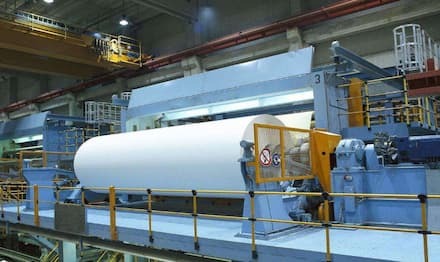Foam formation is a common issue in industrial processes such as pulp and paper manufacturing and concrete production. Excess foam not only disrupts production efficiency but can also compromise product quality and increase operational costs. To address this challenge, defoamers are widely applied, providing an effective way to control unwanted foam and maintain stable performance across different industries.
When it comes to choosing a reliable solution, Rickman defoamer stands out. Beyond delivering high-performance products tailored for pulp, paper, and concrete applications, Rickman provides professional technical support, fast response service, and customized solutions to meet diverse customer needs. The company’s commitment to innovation and customer care ensures that every client benefits from not just a product, but a complete service partnership.
Click on the related products links:RK-F0020(High Degassing Peformance Antifoaming Agent)/RK-50P(Highly Efficient Polyether Ester Antifoam)

In the concrete industry, defoamers help control entrapped air during mixing. Excessive air bubbles can weaken the strength and durability of concrete structures, leading to cracks and reduced stability. The right defoamer ensures optimal air content, resulting in improved compressive strength, smoother finishes, and longer service life of concrete products. This makes defoamers a critical additive for construction companies aiming for reliability and safety in large-scale projects.